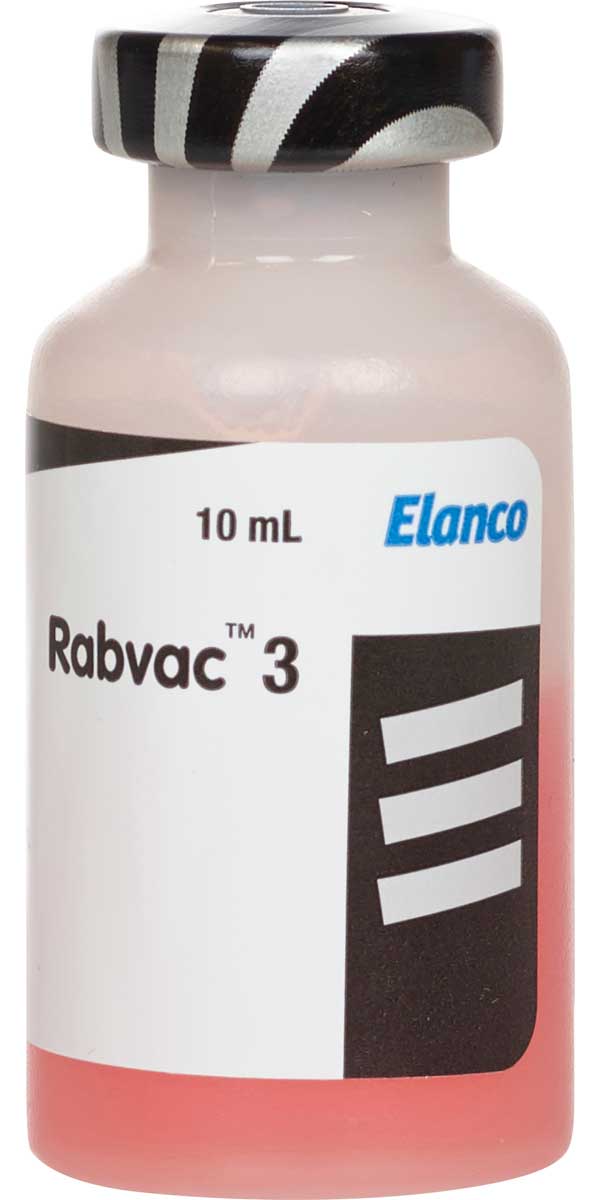

Many practitioners also believe that they are legally required to vaccinate annually and if they don’t they will not be covered by AVMA liability insurance if the animal develops a vaccine preventable disease – Not True. A significant number of practitioners believe the annual revaccination recommendation on the vaccine label is evidence the product provides immunity for (only) one year. Schultz states: “many practitioners really don’t understand the principles of vaccinal immunity. Schultz has to say about how well most veterinarians understand immunity. Before you give your vet the benefit of the doubt when he urges you to vaccinate annually, consider what Dr. This means he gets all of the risk and none of the benefit. Schultz’s efforts at educating veterinarians, your veterinarian is allowed to inject your dog annually with what is essentially a three year vaccine. The decision to use a one-year or a three-year rabies vaccine lies entirely with the veterinarian and the animal owner.”ĭespite Dr. “However, it is worth belaboring that the state is not mandating the use of three-year vaccine. “The state is now recognizing and accepting the use of a three-year vaccine that is labeled for such,” he wrote. Dee Jones, Alabama Public Health Veterinarian states that veterinarians may use rabies vaccine “in accordance to its label” in a letter written to state vets. In 2009, Alabama became the last state to allow dog owners to vaccinate their dogs every three years instead of annually. Even with rabies vaccines, the label may be misleading in that a three year duration of immunity product may also be labeled and sold as a one year duration of immunity product. Rabies vaccine is the only commonly used vaccine that requires that duration of immunity studies be carried out before licensing in the United States.

The annual revaccination recommendation on the vaccine label is just that: a recommendation without the backing of long term duration of immunity studies, and, surprisingly, it is not a legal requirement. However, each time we stimulate an immune response, we have to look at the effect on all body systems-not only on antibody responses or cell-mediated immunity, but also on interactions with the endocrine system and the nervous system.” Lacking Long Term Studies A pharmaceutical drug is usually much more restricted in its action. The possible adverse consequences of a vaccine generally far outweigh the adverse consequences of a pharmaceutical drug. I think it is even worse to give a vaccine, or biological drug, that isn’t necessary. I remind them that they would not consider it good medicine to give an unnecessary pharmaceutical drug on a recurring basis. “I tell practitioners that vaccines are drugs, albeit biological drugs. However, annual vaccination does significantly increase the risk for an adverse reaction in the dog.” Biological Drugs Vs. However, revaccination annually does not necessarily improve immunity.

However, if they are 1 year rabies vaccines, they must be legally given annually! Rabies vaccine is the only canine vaccine requiring a minimum duration of immunity study. Ronald Schultz states: “There is no benefit from annual rabies vaccination and most one year rabies products are similar or identical to the 3-year products with regard to duration of immunity and effectiveness. What is the difference between the two vaccines? The answer is that there is no difference. You might have noticed that rabies vaccines are labeled for either one year or three years.


 0 kommentar(er)
0 kommentar(er)
